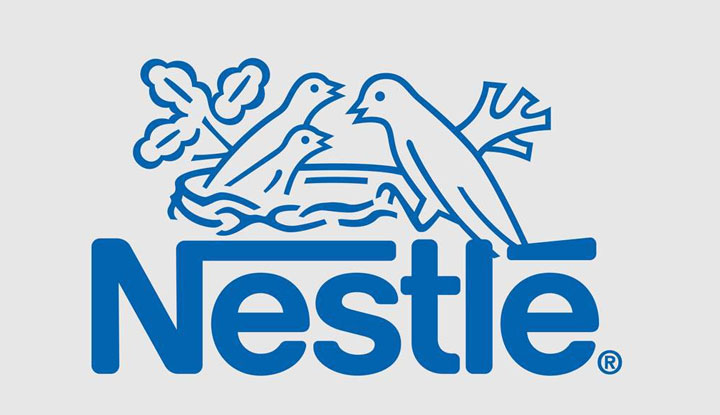Nestle Nigeria: Debts Multiply, Profit Keeps On Downswing
Nestlé Nigeria piled up new debts in the balance sheet in the third quarter and its interest-bearing debt stock multiplied close to five times in three months.
The food/beverages company resumed leveraging the balance sheet in the second quarter, which gained further speed in the third.
Total interest-bearing debts rose by a clear 381 per cent from N5.9 billion at the end of June to N28.4 billion at the end of September. This is a high rise from only N331 million at the end of March.
Rising net finance expenses alongside other cost increases kept the bottom line on the downswing at the end of the third quarter ended September 2020. The company faced increased operating pressure from the top to the bottom lines during the review period.
The developments are consistent with our outlook for the second half – “…that revenue growth constraint is likely to remain. The rising cost can be expected to pose even greater pressure on the bottom line than seen at half-year. In the event of further pressure on cash flow, further piling of debts might happen and profit capacity could weaken even further”.
The full impact of the increased borrowings was yet to register at the end of the third quarter, as finance costs slowed down from a 24 per cent growth year-on-year at half year to 3 per cent to N1.6 billion at the end of the third quarter. However, finance income dropped by 35 per cent to N701 million over the period, which pushed up net finance expenses by 86 per cent to over N923 million.
A moderate increase of 3.3 per cent in sales revenue quarter-on-quarter in the third quarter enabled the company to step forward from a marginal decline in turnover at mid-year to flat position at the end of the third quarter.
Nestle Nigeria closed the third quarter with sales revenue of N212.7 billion against N211.3 billion in the same period last year. That leaves the company under the pressure of weakening sales after a two-year slowdown to 2019.
Cost increases happened in the face of inability to grow sales revenue. This means management devoted increased proportions of the earnings to meet increasing costs. Pressure from costs was experienced in all the key expense lines from input cost to finance expenses.
Cost of sales rose by 6.7 per cent to nearly N123 billion at the end of the third quarter against the flat sales revenue position. That caused a drop of over N6 billion or 6.5 per cent in gross profit to N90 billion at the end of September 2020. Input expenses have been rising since the second quarter, which is the key factor in the loss of profit margin and the declining profit.
A drop of 6 per cent in marketing/distribution expenses at half-year slowed down to 4.5 per cent at the end of the third quarter, closing at almost N31 billion. Administrative cost maintained the rapid growth that has been on since the first quarter and rose by close to 29 per cent year-on-year to almost N9 billion at the end of September 2020. It is however a slowdown from a 51 per cent increase at half-year.

Operating profit went down by 12 per cent to N50 billion at the end of the third quarter, stepping back from a 15 per cent drop at half-year. The slight moderation follows the slowdown in administrative expenses during the period.
Weak sales against generally rising costs constricted margins further in the third quarter. Net profit margin continued declining from 15.9 per cent in the first quarter to 15.5 per cent at half-year and further to 15 per cent at the end of the third quarter.
With flat sales revenue and a decline in profit margin, Nestle Nigeria closed the third quarter operations with a drop in profit sustained over the three quarters of the year. There is however a slowdown from 17 per cent drop in after-tax profit at half year to 13.3 per cent to close at N31.9 billion at the end of the third quarter.
The company earned N40.29 per share at the end of September 2020, down from N46.48 per share in the same period in 2019.



Comments are closed.